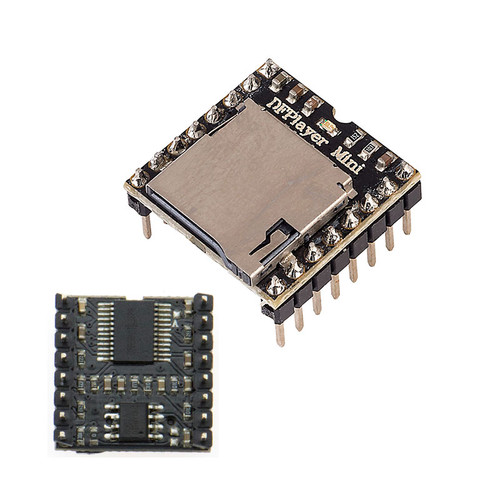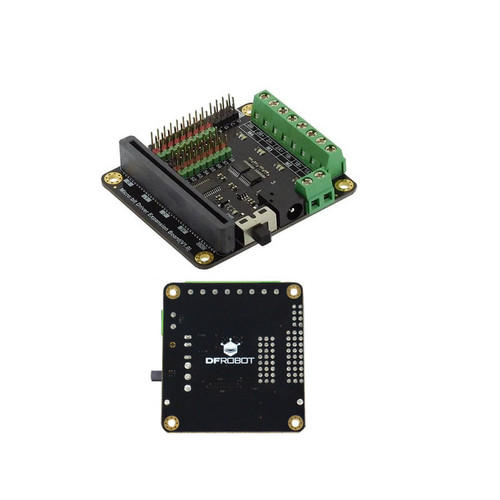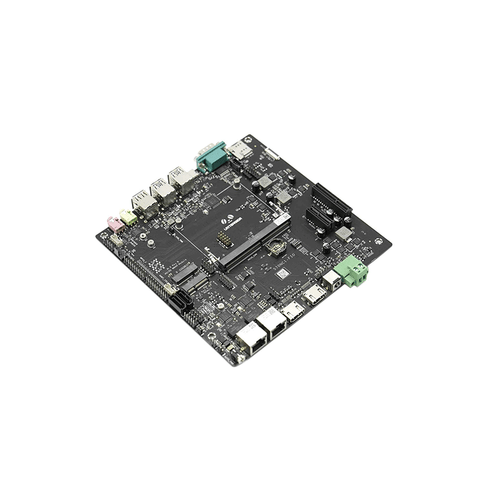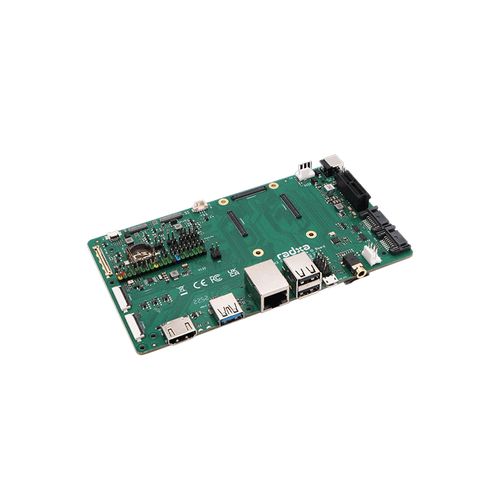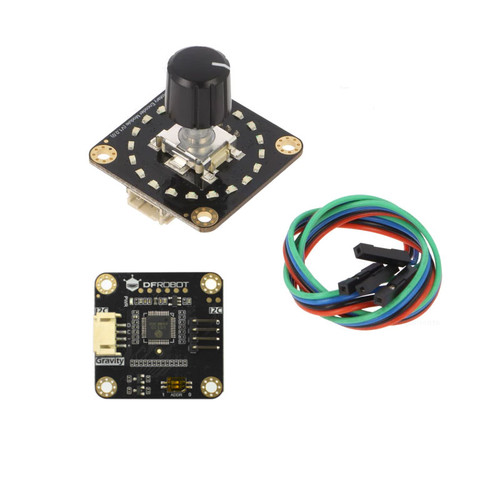Enhance Functionality with Evaluation & Expansion Boards
Evaluation boards and expansion boards are essential tools for developers, engineers, and hobbyists working on embedded systems and electronics projects. They serve as platforms for testing, prototyping, and expanding the functionality of microcontroller or microprocessor-based designs. Whether you're looking to build an IoT application or prototype new technology, these boards provide versatility, ease of integration, and robust performance to meet a wide range of needs.
Versatile Development Platforms
Evaluation boards are designed to help users test and experiment with a variety of microcontrollers or systems on chips (SoCs). They offer pre-configured, ready-to-use platforms that allow for quick evaluation and development. For example, the
RPi Compute Module 4 IoT Router Carrier Board Mini provides an ideal solution for IoT applications, enabling users to rapidly deploy networked devices using the power of Raspberry Pi's Compute Module 4.
Expansion boards, on the other hand, allow developers to extend the capabilities of existing systems. With add-ons like the
16-Channel PWM / Servo HAT for Raspberry Pi - Mini Kit, you can integrate up to 16 servo motors or other devices, providing an easy solution for robotics or automation projects. These expansion options give engineers the freedom to scale their designs, adding components and features as the project grows.
Compatibility and Integration
One of the primary benefits of evaluation and expansion boards is their high level of compatibility. They are designed to work seamlessly with popular platforms like Arduino, Raspberry Pi, and others. Whether you're using a simple microcontroller or a complex embedded system, these boards allow easy integration of sensors, actuators, and communication modules, making them suitable for various applications.
Take, for instance, the
Hexiwear Docking Station by MikroE, which complements the Hexiwear wearable development kit. This docking station makes it easy to connect Hexiwear with additional modules for sensor fusion, data acquisition, and more, providing flexibility to customize the device according to specific project requirements.
Benefits for Education and Industry
For educational institutions, evaluation and expansion boards serve as excellent learning tools. They provide students with hands-on experience in electronics, programming, and system design. Platforms like Arduino and Raspberry Pi are especially popular in the education sector, thanks to their user-friendly nature and extensive online resources. The
Adafruit and DFRobot boards are widely used in classrooms and workshops, allowing students to explore and experiment with real-world applications in robotics, automation, and IoT.
In industrial settings, these boards enable rapid prototyping and product development. Their modularity allows engineers to quickly test out ideas, saving time and reducing costs. The boards' ability to interface with various sensors and communication modules, such as I/O modules and wireless technologies, ensures they are well-suited for creating industrial prototypes or field-ready devices.
Key Features of Evaluation & Expansion Boards
- Modularity and Scalability: These boards offer modular systems that can easily be expanded to meet the growing needs of projects. With the addition of expansion boards, you can integrate new features such as motor control, wireless communication, or additional I/O ports.
- Ease of Use: Most boards come with extensive documentation, example code, and development environments that streamline the prototyping process. This is particularly beneficial for beginners, making it easier to bring ideas to life.
- Robust Ecosystem: The boards are supported by a robust ecosystem of add-ons, shields, and accessories, ensuring that developers can find compatible components to enhance their designs. Popular brands like Adafruit, DFRobot, and MikroElektronika offer a wide range of compatible peripherals and tools.
- Cost-Effective Prototyping: Rather than developing custom hardware from scratch, evaluation and expansion boards offer a more economical solution for building prototypes. Developers can leverage existing platforms and expand functionality through add-ons, saving both time and money.
How to Choose the Right Board
When selecting an evaluation or expansion board, it's important to consider the requirements of your project. Factors such as processing power, memory, connectivity options, and sensor compatibility will play a key role in determining the best platform for your needs. For simple IoT projects, a Raspberry Pi or Arduino-based system with expansion capabilities may be sufficient. For more complex industrial or wearable applications, platforms like
Hexiwear or specialized boards from MikroElektronika may offer the necessary performance and flexibility.
Conclusion
Evaluation boards and expansion boards are indispensable for anyone involved in electronics development. Whether you're a hobbyist building DIY projects or an engineer developing next-generation devices, these platforms offer the tools needed to test, expand, and refine your designs efficiently. With options from trusted brands like
Adafruit, DFRobot, and MikroElektronika, you can be confident in finding the right solutions for your specific application.




